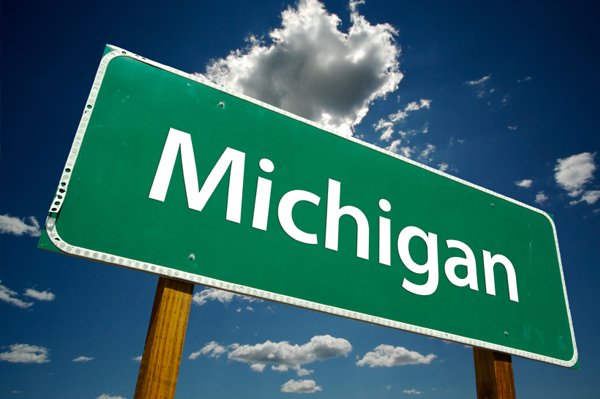
Even though the case which prevented Michigan officials from imposing an October 31st licensing deadline has not been resolved, it appears that state regulators have formulated a new path forward for Michigan’s nascent regulated medical cannabis market.
According to the Detroit Free Press, Michigan regulators have agreed not to compel the closure of dispensaries that have not yet gained a state license until December 31st. The report notes that 40 dispensaries have so far received state license approval, while the number operating under temporary authorization while waiting for a state license has been more than cut in half, from over 200 down to 98.
Those 98 dispensaries will have one more opportunity prior to the end of this year to get on the agenda of the state Medical Marihuana Licensing Board (MMLB), which grants or denies state license approval at their meetings. A notice from the Michigan Department of Licensing and Regulatory Affairs (LARA) informed stakeholders that an additional MMLB meeting has been scheduled for December 21st, while another meeting already occurred on December 7th.
Given the pace at which license approvals have been granted at prior MMLB meetings, it is likely that between 15 – 25 additional dispensaries could receive state license approval in the final two meetings, as well as numerous businesses of other types.
Additionally, those businesses with state licenses by the end of this year will now face relaxed restrictions on purchasing inventory from existing caregivers, likely averting significant supply disruptions in the near term. We noted the possibility of supply shortfalls in the state’s new licensed market in our post on November 21st.
However, on Wednesday, November 28th, LARA issued another notice, stating that it will recommend new allowances regarding the supply of medical cannabis at the December 7th MMLB meeting. According to the update, dispensaries (provisioning centers, in LARA’s parlance) will not face any disciplinary action for buying product from registered caregivers through the end of this year, provided that certain conditions are met. The conditions are as follows:
After January 1, 2019, dispensaries may still sell product that they previously bought from a caregiver, so long as it was acquired and entered into Michigan’s tracking system prior to that date. Such product will also have to undergo the full slate of quality assurance and safety tests required by the state.
Furthermore, licensed growers and processors may continue to purchase product from caregivers through the end of February 2019, but such product will have to undergo all required testing prior to being transferred wholesale.
Overall, it appears that the potential for imminent supply shortages may have been averted, at least for the next three months or so. It is possible that a spike in demand for product from caregivers could occur around the end of February, if licensed growers are not yet up and running fully by that point. Additionally, the implementation of quality assurance and safety testing in the coming weeks will increase the cost of bringing product to market.